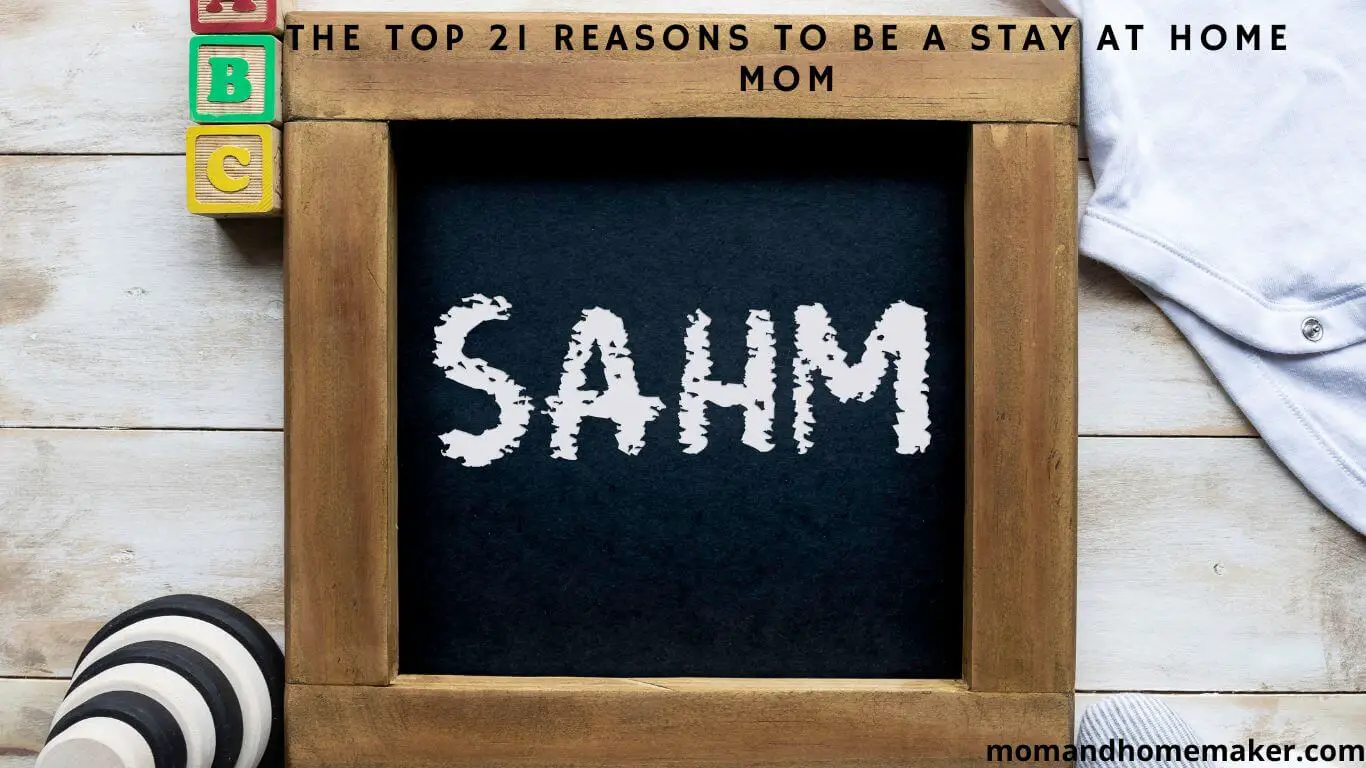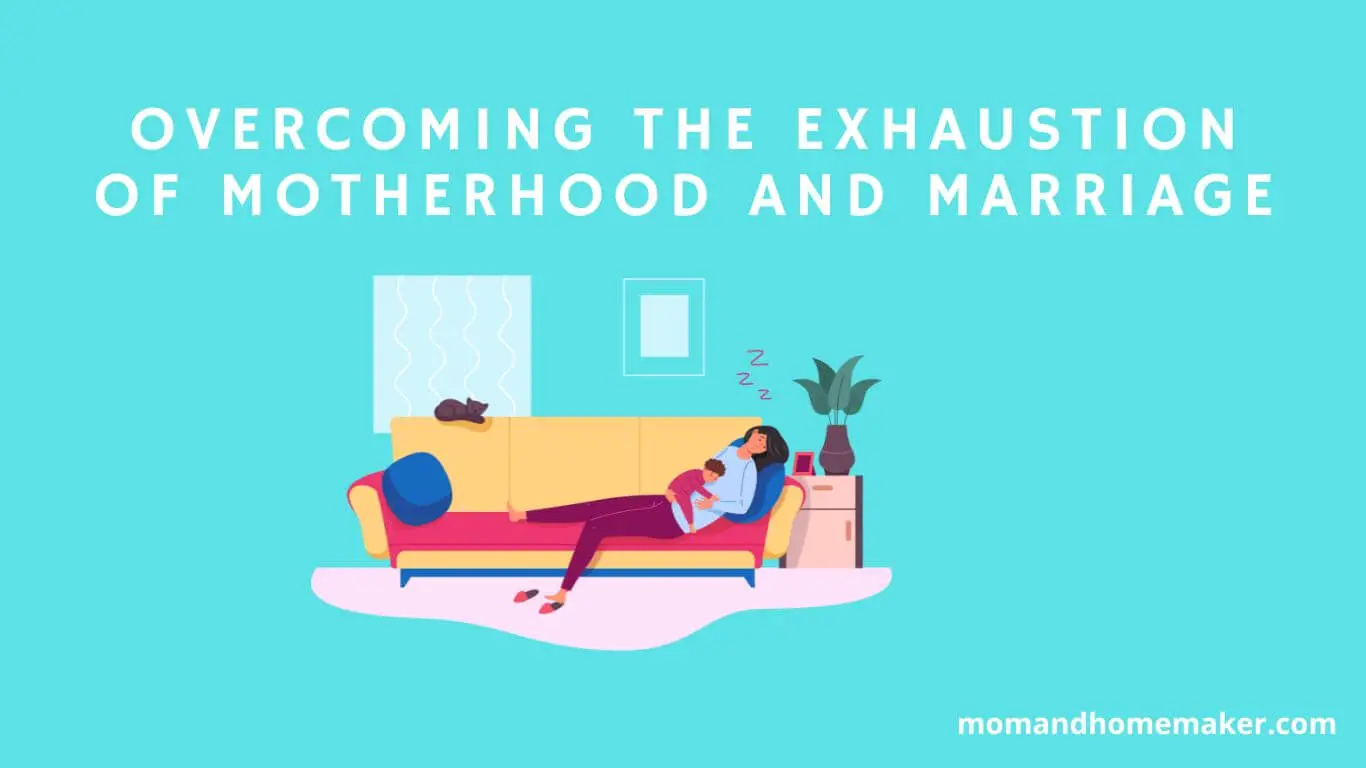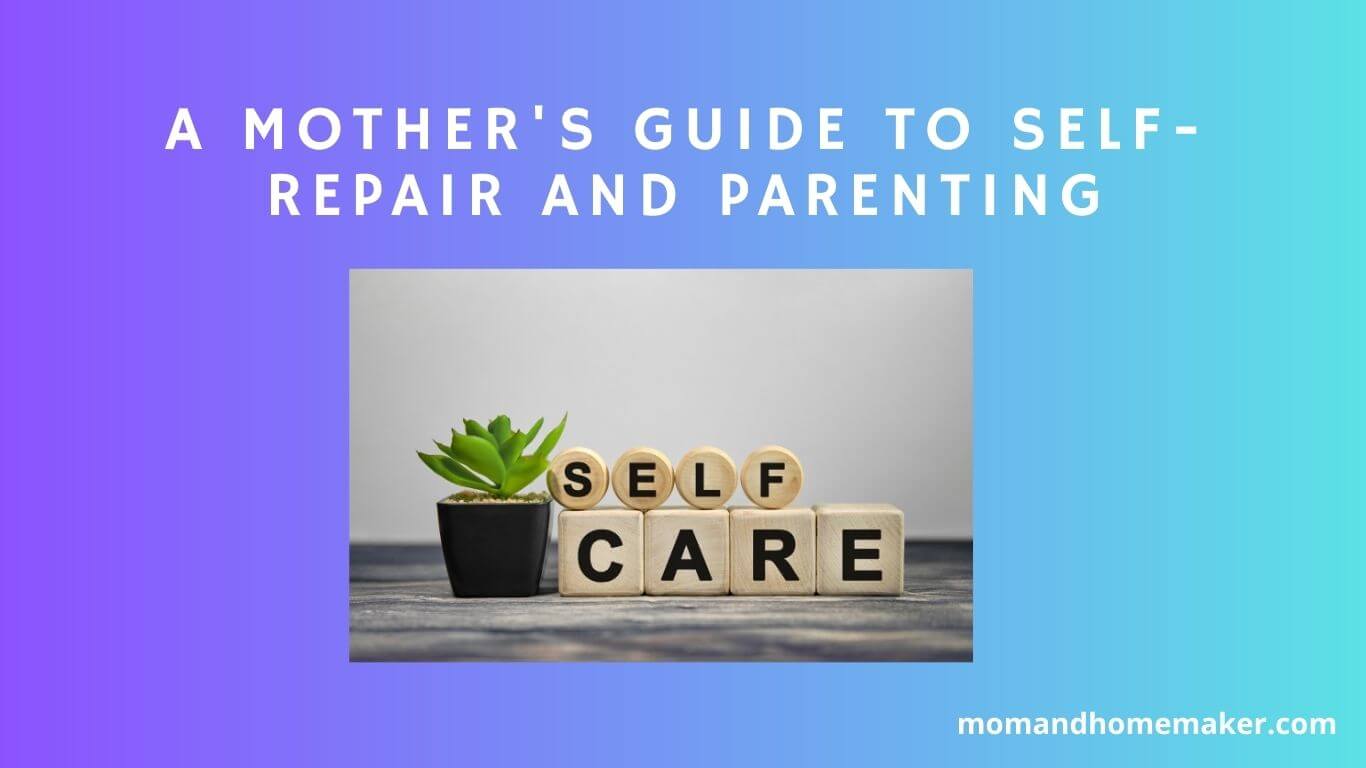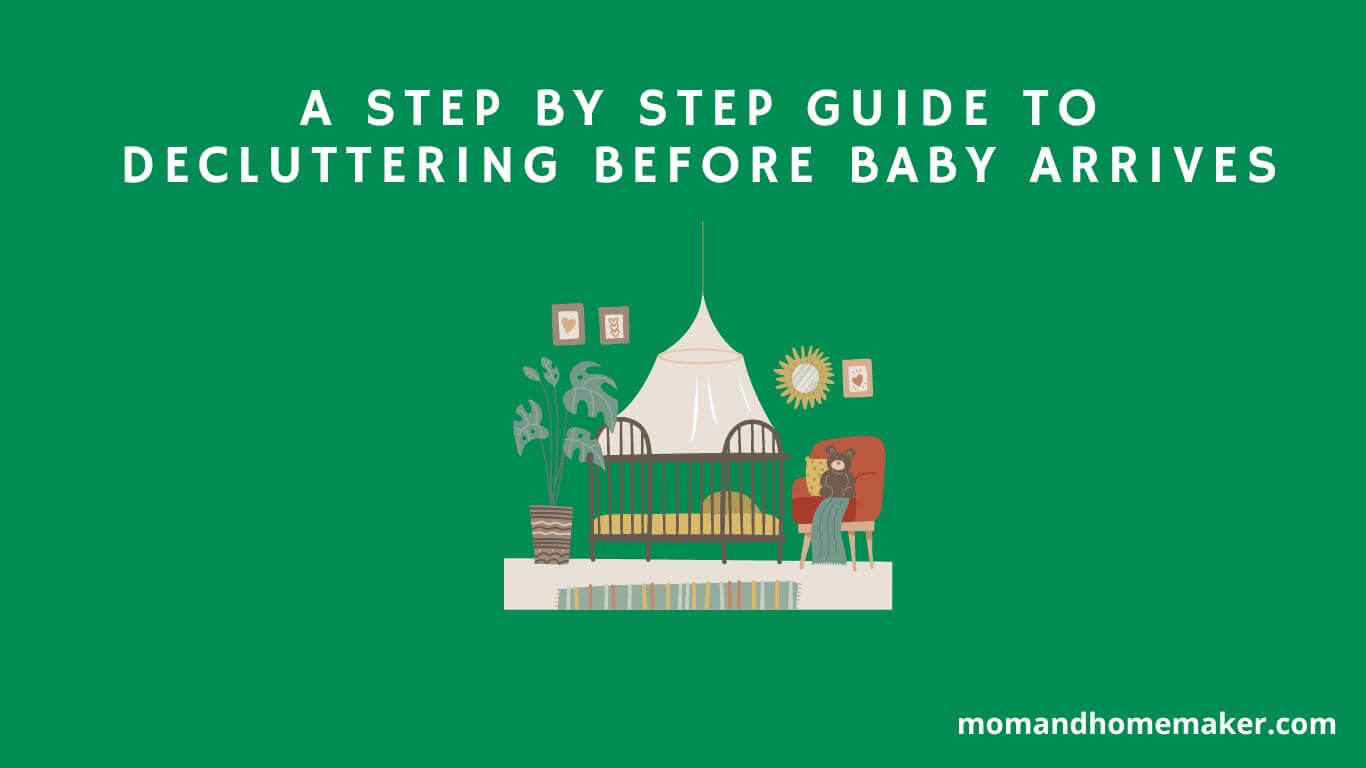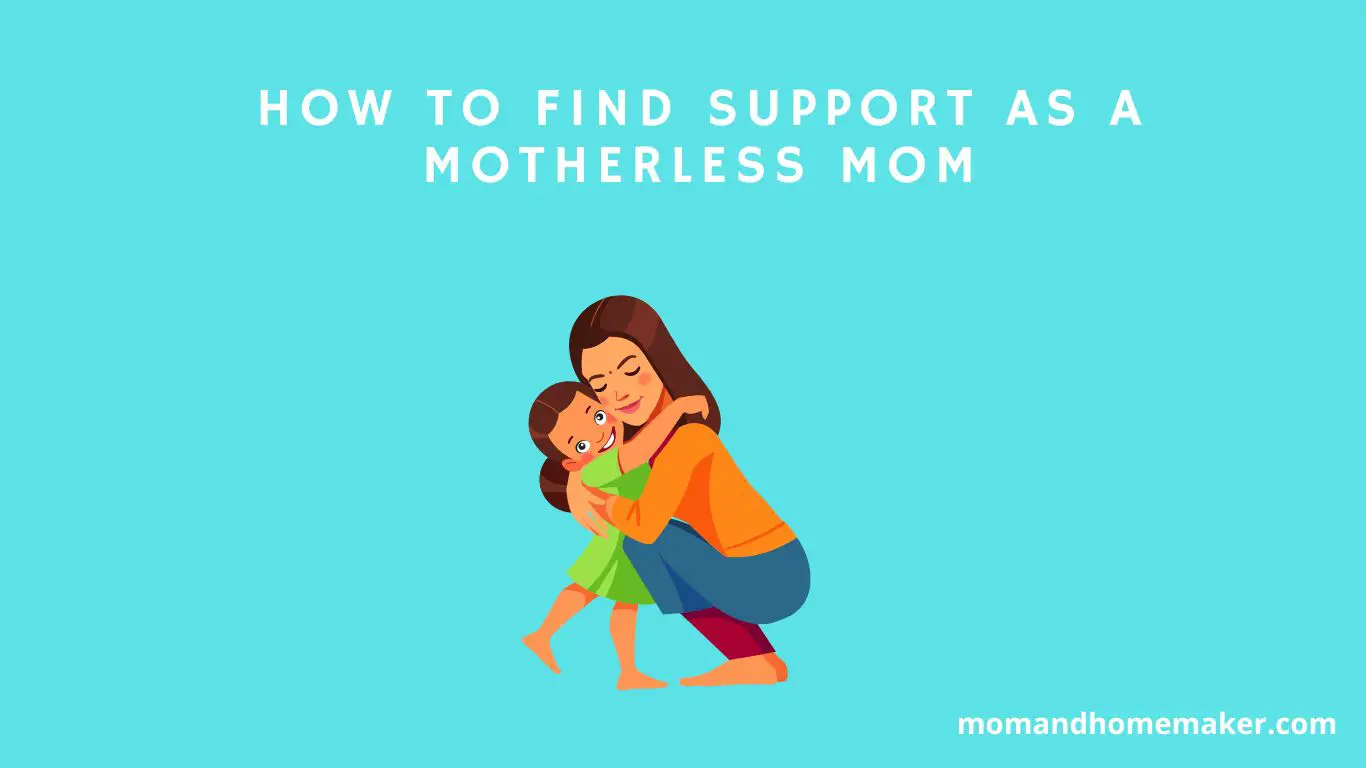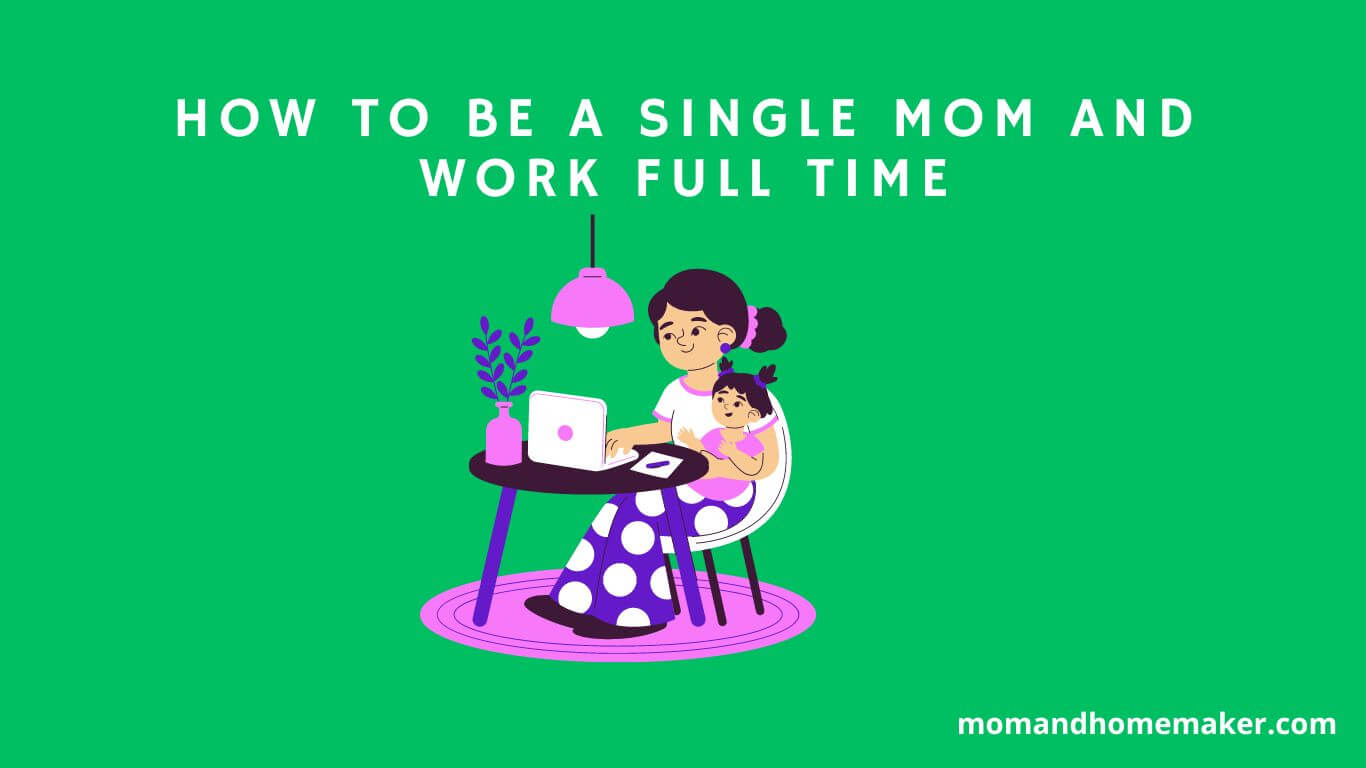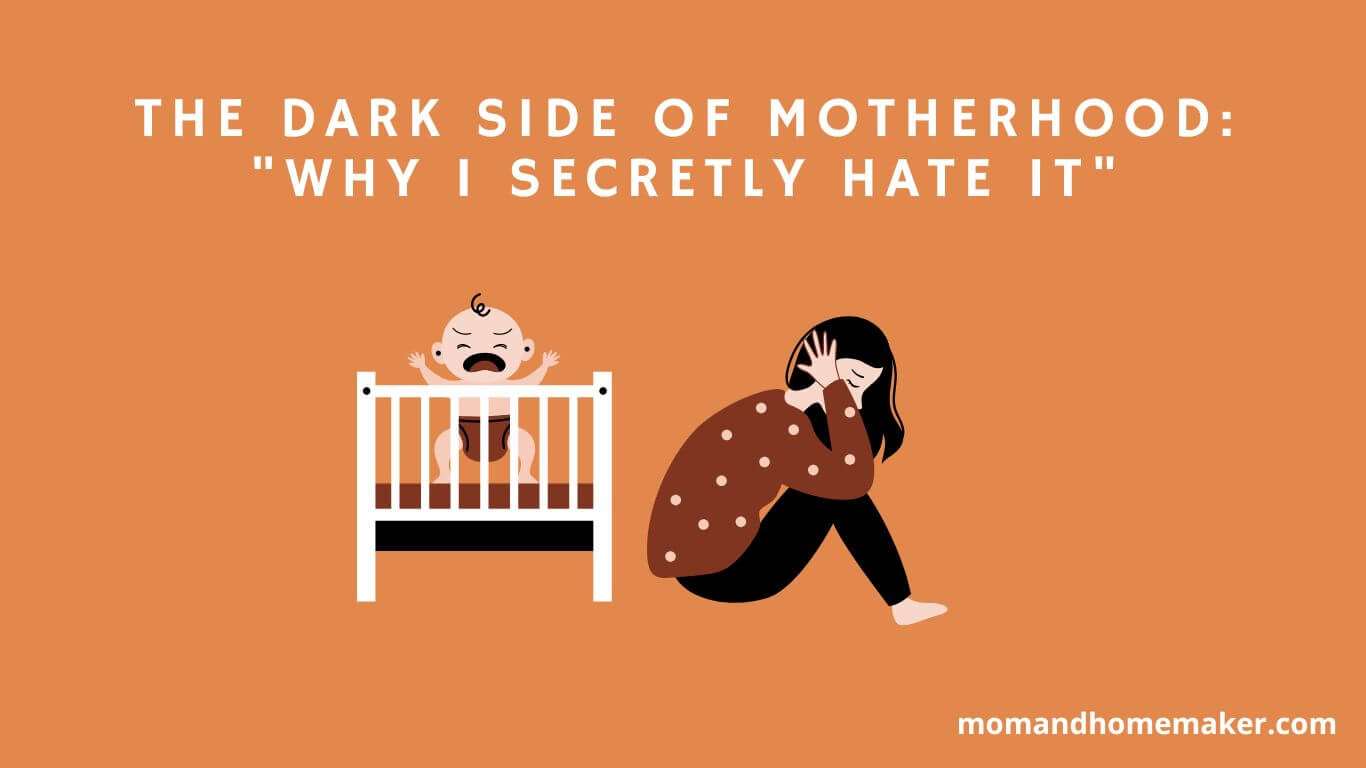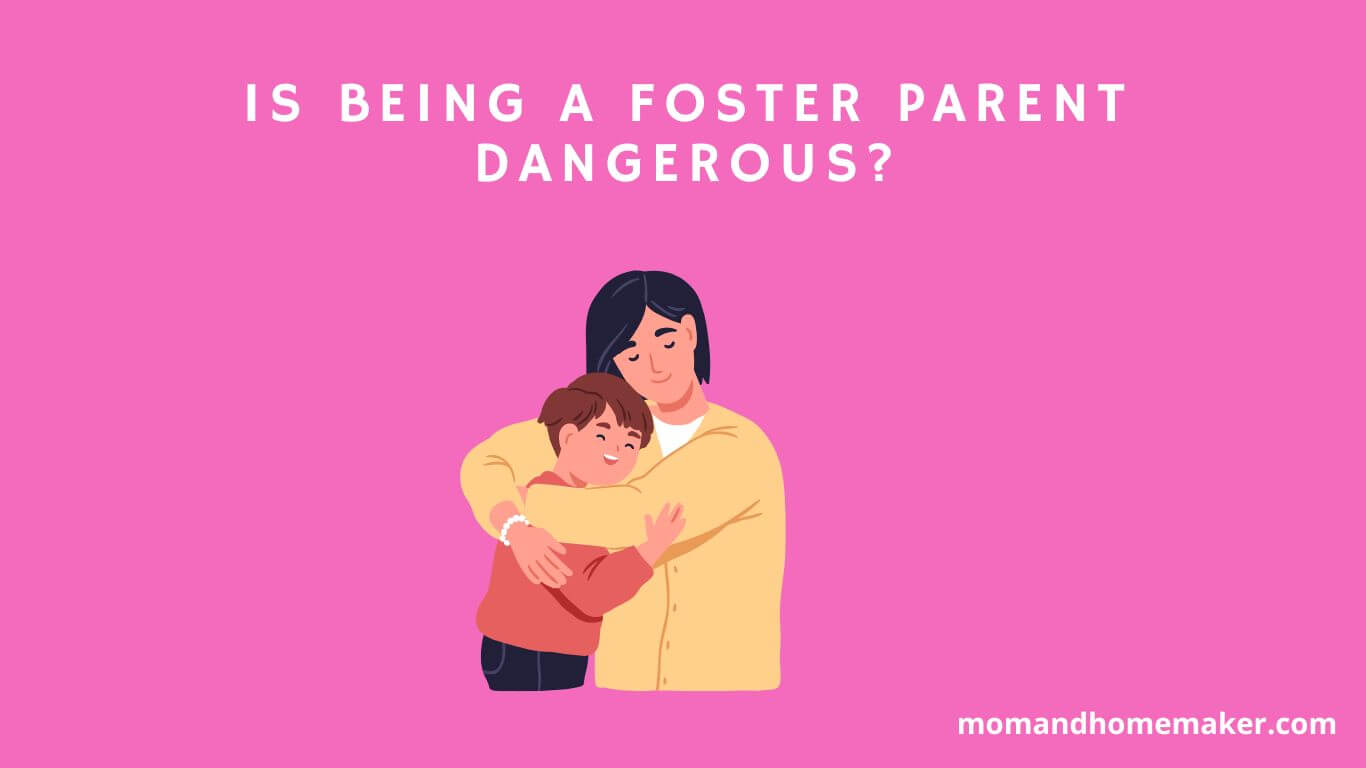The question of whether divorce rates are higher for stay-at-home moms remains a topic of interest in discussions about marriage and family dynamics.
The interaction between traditional gender roles and modern expectations in relationships can offer valuable insights.
It is important to consider various factors that influence the stability of marriages in today’s society, such as parenting choices and societal pressures.
Exploring this subject can lead to enlightening discoveries that may shift your perspective on the intricate dynamics of love and family life.
The Evolution of Family Dynamics
Family dynamics have undergone significant changes in recent decades due to shifting societal norms and economic factors. The complexity of parenting challenges has increased as traditional roles have evolved, prompting a reassessment of gender equality within the family.
As more women have joined the workforce, the balance between work and family life has shifted, impacting role expectations and societal norms.
Today, parenting challenges encompass a wide array of issues, from managing children’s education and extracurricular activities to dividing household responsibilities.
The traditional idea of mothers as the primary caregivers has transformed, necessitating families to adjust to new models where both parents may work outside the home. This shift has sparked a reevaluation of gender equality within the family, challenging stereotypes and outdated beliefs.
Achieving work-life balance has become a crucial consideration for modern families. Balancing career demands with family responsibilities can be stressful, potentially leading to conflicts and strains on relationships.
As societal norms continue to progress, expectations regarding parental roles have become more flexible, allowing for a fairer distribution of tasks and responsibilities within the family.
In navigating these evolving dynamics, open communication, mutual respect, and understanding are essential. Embracing these changes can foster stronger, more harmonious family relationships and a deeper sense of fulfillment for all family members.
Changing Roles in Modern Society
The evolving societal norms are reshaping the roles within modern families significantly. Gender equality is increasingly becoming a central focus in today’s society, with individuals striving for fairness and equal opportunities regardless of gender.
This shift has led to changes in traditional family dynamics, where both partners now seek a more balanced work-life equilibrium.
The concept of work-life balance is now a crucial consideration for many modern relationships. Couples are collaborating to navigate the demands of career and family responsibilities, aiming to support each other in achieving personal and professional goals while ensuring quality time together.
Societal norms are adapting to accommodate these changes, with a growing emphasis on shared responsibilities within the household and in parenting.
Modern relationships are evolving to be more collaborative and communicative. Partners are encouraged to openly discuss their expectations and challenges, fostering mutual understanding and respect.
Parenting challenges are also being approached differently, with a focus on teamwork and shared decision-making to address the complexities of raising children in today’s fast-paced world.
Embracing these changing roles in modern society can strengthen relationships and families in this transformative era. By promoting gender equality, striving for work-life balance, adapting to new societal norms, and addressing parenting challenges together, families can successfully navigate these changes and thrive in the evolving landscape of family dynamics.
Impact of Parenting Choices on Marriage
Different parenting styles can have a significant impact on your marriage. The way you and your partner choose to parent can influence various aspects of your relationship, such as marital satisfaction, communication, emotional well-being, and family cohesion.
An authoritative parenting style, characterized by open communication and mutual respect, can create a positive marital environment. On the other hand, an authoritarian approach may lead to conflicts and power struggles between partners, affecting marital satisfaction.
A permissive style could result in inconsistencies and disagreements in parenting, impacting relationship dynamics. Additionally, an uninvolved parenting style might lead to feelings of isolation and detachment within the marriage, affecting emotional well-being and family cohesion.
Statistical Data on Divorce Rates
Parenting styles have a significant impact on marital dynamics, and it’s important to consider the statistical data on divorce rates. Research shows that stay-at-home dads face unique challenges that can affect marital satisfaction.
Studies suggest that couples where the father stays at home may experience higher levels of parenting stress, potentially straining the relationship. This stress could be due to societal expectations about gender roles and the lack of support systems specifically designed for stay-at-home dads.
In cases where marriages encounter difficulties, seeking relationship counseling can be beneficial. Research indicates that couples who participate in counseling often develop better communication skills and a deeper understanding of each other’s perspectives.
Relationship counseling helps address underlying issues, improve conflict resolution strategies, and enhance overall relationship satisfaction.
Furthermore, gender equality within the household plays a crucial role in marital stability. Couples who share responsibilities equally tend to have lower stress levels and higher marital satisfaction.
Embracing a partnership where both partners contribute to childcare and household tasks can foster a more harmonious relationship. Understanding these statistical insights can help navigate challenges and promote a healthy, lasting marriage.
Stay-At-Home Moms Vs. Working Moms
Comparing stay-at-home moms and working moms reveals the distinct challenges and rewards that come with each role. Both paths present unique struggles and joys that shape the experiences of mothers in different ways.
- Parenting Challenges: Stay-at-home moms may encounter intense parenting challenges as they provide constant care and attention to their children. On the other hand, working moms might find it challenging to balance work responsibilities with parenting duties effectively.
- Work-Life Balance: Working moms often struggle to juggle career demands with family responsibilities, striving to find a harmonious balance between the two. Stay-at-home moms may face difficulties in carving out personal time and separating their identities from being primarily caregivers.
- Emotional Support: Both stay-at-home and working moms need emotional support to navigate the complexities of motherhood. Stay-at-home moms may seek companionship and understanding in their roles, while working moms may require reassurance that they can excel in both their careers and as parents.
Whether a mother chooses to stay at home or work outside the house, it’s important to remember that her journey is valid. Seeking support from other moms, prioritizing self-care, and acknowledging the multifaceted nature of one’s identity as a parent and an individual are key in facing these challenges together.
Factors Influencing Marital Stability
Understanding the factors that influence marital stability is essential for maintaining a healthy and lasting marriage. These factors include marital satisfaction, parenting stress, relationship dynamics, emotional support, and work-life balance.
Marital satisfaction is the overall happiness and contentment in the relationship, while parenting stress arises from the challenges of raising children.
Relationship dynamics focus on how partners communicate and handle conflicts, emotional support involves providing comfort and understanding to each other, and work-life balance is crucial for a harmonious relationship.
Addressing these factors is key to fostering a strong marital foundation. Marital satisfaction reflects the level of happiness in the relationship, effective communication enhances relationship dynamics, and emotional support strengthens the bond between partners.
Managing parenting stress and achieving a work-life balance are also vital for a healthy marriage. By prioritizing these aspects, couples can navigate challenges together and build a resilient and stable relationship.
Communication Challenges and Support Systems
Communication challenges and building strong support systems are vital for a healthy and thriving marriage, especially for stay-at-home moms. Managing a household and family comes with unique dynamics that require attention. Here are some important points to consider:
- Parenting responsibilities: Balancing child-rearing, household tasks, and personal well-being can lead to tensions. Effective communication about parenting approaches, sharing tasks, and making decisions together is crucial.
- Emotional reinforcement: Stay-at-home moms often seek emotional support and recognition for their hard work. Partners should listen actively, show empathy, and offer encouragement to strengthen the emotional connection.
- Balancing family and personal time: Finding a work-life balance can be challenging. Open communication about individual needs, setting boundaries, and prioritizing self-care can help create harmony in the marriage.
To maintain a healthy relationship, understanding the complexities of relationship dynamics and actively addressing them is essential. Activities like regular date nights, seeking counseling when necessary, and engaging in shared hobbies can strengthen the bond.
Financial Strain and Relationship Dynamics
Facing the challenges of balancing household duties and seeking emotional support, it’s important for stay-at-home moms to recognize the impact of financial strain on their relationships. Financial stress can take a toll on both partners, affecting how they interact and communicate with each other.
When there’s financial pressure, misunderstandings about money can lead to increased tension and conflicts in the relationship. It’s crucial to address these issues openly and honestly to prevent them from worsening.
In such situations, having a strong support system is essential. Reach out to friends, family, or support groups to share your feelings and seek advice. By seeking help, you can ease some of the emotional burden that financial stress brings.
Consider consulting a financial advisor or counselor for professional guidance on navigating these challenges with your partner. Remember, facing financial strain together can strengthen your bond and help you overcome obstacles as a team.
Psychological Well-being of Stay-at-Home Moms
Maintaining a positive mindset is crucial for the psychological well-being of stay-at-home moms. Amid the responsibilities of parenting and managing the household, it’s important to prioritize your mental health. Here are some key aspects to consider:
- Mental health: Regularly check in on your mental well-being. If needed, seek professional support and confide in a trusted individual about your emotions.
- Parenting stress: Recognize that feeling stressed as a parent is normal, but it’s essential to find healthy ways to manage it. Engage in activities that help you relax and unwind, even if it’s just for a few minutes each day.
- Self-care practices: Taking care of yourself isn’t selfish but necessary for your overall well-being. Incorporate self-care routines into your daily schedule to recharge and rejuvenate.
Promoting relationship satisfaction and establishing strong support networks are equally important for nurturing your psychological health. Communicate openly with your partner to strengthen your bond.
Additionally, connect with other stay-at-home moms or join community groups to build a supportive network that understands and uplifts you.
Prioritizing your mental health, addressing parenting stress, practicing self-care, enhancing relationship satisfaction, and strengthening support networks are all vital components in promoting the psychological well-being of stay-at-home moms.
Gender Roles and Expectations
When navigating gender roles and expectations as a stay-at-home mom, it’s important to consider how societal norms can influence your experiences. Gender expectations often create pressure to conform to specific roles based on traditional values.
As a stay-at-home mom, you may face societal norms dictating parental roles that reinforce gender stereotypes, impacting your sense of self-worth and fulfillment.
Society often expects women to be the primary caregivers in the family, while men are viewed as the primary breadwinners. These ingrained beliefs can shape how you perceive your role as a stay-at-home mom and how others see your choice.
It’s crucial to realize that these expectations stem from outdated notions of gender roles and may not align with your personal values and goals.
Navigating these gender expectations can be challenging, but remember that your worth isn’t determined by societal norms. By challenging traditional values and embracing a more inclusive view of parental roles, you can cultivate a more fulfilling and equitable partnership within your family.
Breaking free from gender stereotypes and societal pressures can lead to a more authentic and empowered experience as a stay-at-home mom.
Division of Household Responsibilities
When it comes to maintaining a balanced and harmonious living environment, it’s important to consider how household responsibilities are divided. This balance is crucial for supporting and valuing both partners in their daily lives. When household tasks are shared fairly, it can reduce strain in relationships and increase overall satisfaction.
In marriages, traditional gender roles can influence how household duties are divided and impact the dynamics of the relationship. Having open discussions about roles and expectations is key to ensuring fairness and understanding between partners.
The distribution of parenting responsibilities also plays a significant role in relationship satisfaction. Sharing these duties can strengthen the bond between partners and create a sense of teamwork within the relationship.
Stay-at-home moms often face challenges in balancing household duties, which can lead to marital conflicts. It’s important for partners to understand each other’s perspectives and provide support to navigate these potential conflicts effectively.
Social Stigma and External Pressures
Social stigmas and external pressures have a significant impact on the well-being of stay-at-home moms. Society often promotes the idea that women should effortlessly juggle caregiving, housekeeping, and possibly a career outside the home.
Gender stereotypes also play a role in setting expectations, where women are supposed to excel in nurturing roles while putting aside their personal ambitions. These traditional norms can create inner conflicts for stay-at-home moms who may feel torn between societal expectations and their own desires.
Furthermore, cultural influences can reinforce the notion that a woman’s main role is in the domestic sphere, leading to feelings of inadequacy or guilt if she considers prioritizing her own needs or goals.
The pressure to conform to these ideals can strain relationships, particularly if partners don’t openly discuss their expectations and requirements.
Stay-at-home moms may experience feelings of isolation or judgment if they diverge from the perceived norm, affecting their mental well-being and marital happiness. It’s essential for partners to tackle these societal pressures together, challenging stereotypes and supporting each other’s personal development.
By understanding and navigating these external pressures, stay-at-home moms can foster a healthier sense of self-worth and enhance their marital bonds.
Strategies for Maintaining a Healthy Marriage
When you’re a stay-at-home mom, societal pressures can impact your marriage. To keep your relationship healthy, it’s essential to have effective strategies in place.
Here are some tips to nurture your marriage and strengthen your bond:
- Date nights: Make time for regular date nights to reconnect with your partner away from daily responsibilities. These moments of intimacy can reignite the spark in your relationship.
- Open communication: Create a space of honesty and transparency in your marriage. Encourage open communication to address concerns and ensure both partners feel heard and understood.
- Quality time: Prioritize spending quality time together to build memories and deepen your connection. Engage in activities that you both enjoy to make the most of your time with your partner.
The Role of Counseling and Therapy
When it comes to strengthening your marriage and overcoming challenges, considering counseling and therapy can offer valuable support and guidance. Counseling provides coping strategies and emotional assistance during tough times in your relationship.
Therapists can help you develop communication skills, resolve conflicts, and build a stronger connection with your partner. They can also assist in creating effective coparenting plans to ensure a harmonious and cooperative parenting approach.
Engaging in therapy can also help you prioritize self-care practices essential for a healthy relationship. By focusing on your mental and emotional well-being, you can be more present for your partner and children. Through counseling, you can learn how to manage stress, set boundaries, and foster a positive mindset, all of which contribute to a more satisfying marriage.
It’s important to remember that seeking help through counseling or therapy is a proactive step towards building a resilient relationship. The guidance and insights from a professional can offer a fresh perspective and equip you with the tools needed to navigate challenges effectively. Embrace the opportunity to invest in your marriage and prioritize mutual growth and happiness.
Long-Term Effects on Children
When considering the long-term effects on children, it’s important to understand how parental relationship dynamics can significantly impact their emotional well-being and development. Children absorb the atmosphere around them, and the way parents interact shapes their perception of relationships and the world.
Here are some key points to keep in mind:
- Child Development: The stability and quality of parental relationships are crucial for a child’s overall development. Healthy relationships create a secure environment for children to thrive.
- Parental Influence: Parents are the primary role models for their children. How parents handle challenges and resolve issues within their relationship can influence how children navigate similar situations later in life.
- Emotional Resilience: Children who witness positive parental dynamics are more likely to develop emotional resilience, which helps them cope with stress and adversity effectively.
Understanding how parental relationships impact children’s emotional resilience, behavior, and academic performance is vital for fostering a supportive and nurturing environment. By prioritizing healthy relationship dynamics, parents can positively influence their children’s long-term well-being and growth.
Cultural Variations in Family Structures
Family structures vary across cultures worldwide, shaping individuals’ experiences and relationships within their communities. Cultural norms define the roles and responsibilities of each family member.
In some cultures, extended families live together, fostering close relationships and support systems, while others emphasize nuclear family structures for independence and autonomy.
Parenting styles also differ among cultures, influencing children’s development. Cultural norms dictate how parents interact with their children, discipline them, and instill values and beliefs.
Gender dynamics within families can vary significantly, impacting decision-making, division of labor, and expectations based on gender. These dynamics influence relationship satisfaction, communication styles, displays of affection, and conflict resolution within the family unit.
Recognizing and respecting cultural variations in family structures is essential for promoting inclusivity and supporting diverse family dynamics. Embracing cultural diversity can lead to stronger relationships, empathy, understanding, and cohesion within families and communities.
Conclusion and Future Research Opportunities
Exploring future research opportunities is crucial as family structures continue to evolve. After discussing divorce rates among stay-at-home moms, it’s important to highlight potential areas for further investigation:
- Empowering Stay-at-Home Moms: Researching ways to empower stay-at-home moms through skill development and education can positively impact their well-being and family dynamics.
- Promoting Economic Independence: Studying strategies to enhance financial independence for stay-at-home moms may increase autonomy within marriages and potentially reduce divorce rates.
- Fostering Work-Life Balance: Exploring interventions and policies that support a healthy work-life balance for both partners can strengthen familial bonds and resilience.
Future studies should also consider the influence of gender equality and societal norms on family dynamics. By delving into these areas, we can work towards creating a more inclusive and supportive environment for all types of families.
Conclusion
As you journey through the paths of marriage and motherhood, remember that the decision to stay at home or work is just one part of the puzzle.
Balancing roles and responsibilities is crucial in shaping your family’s future. Embrace the challenges, seek support when necessary, and know that each step you take contributes to building a strong and resilient family unit.



